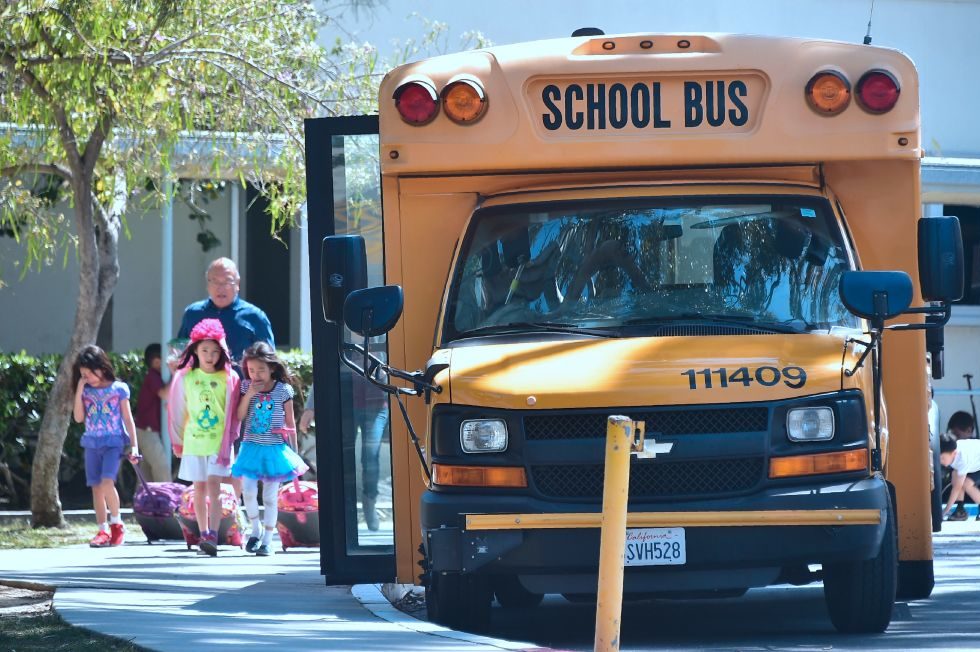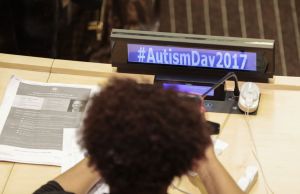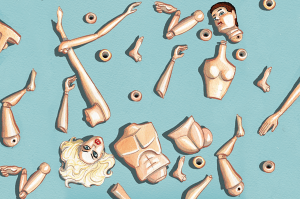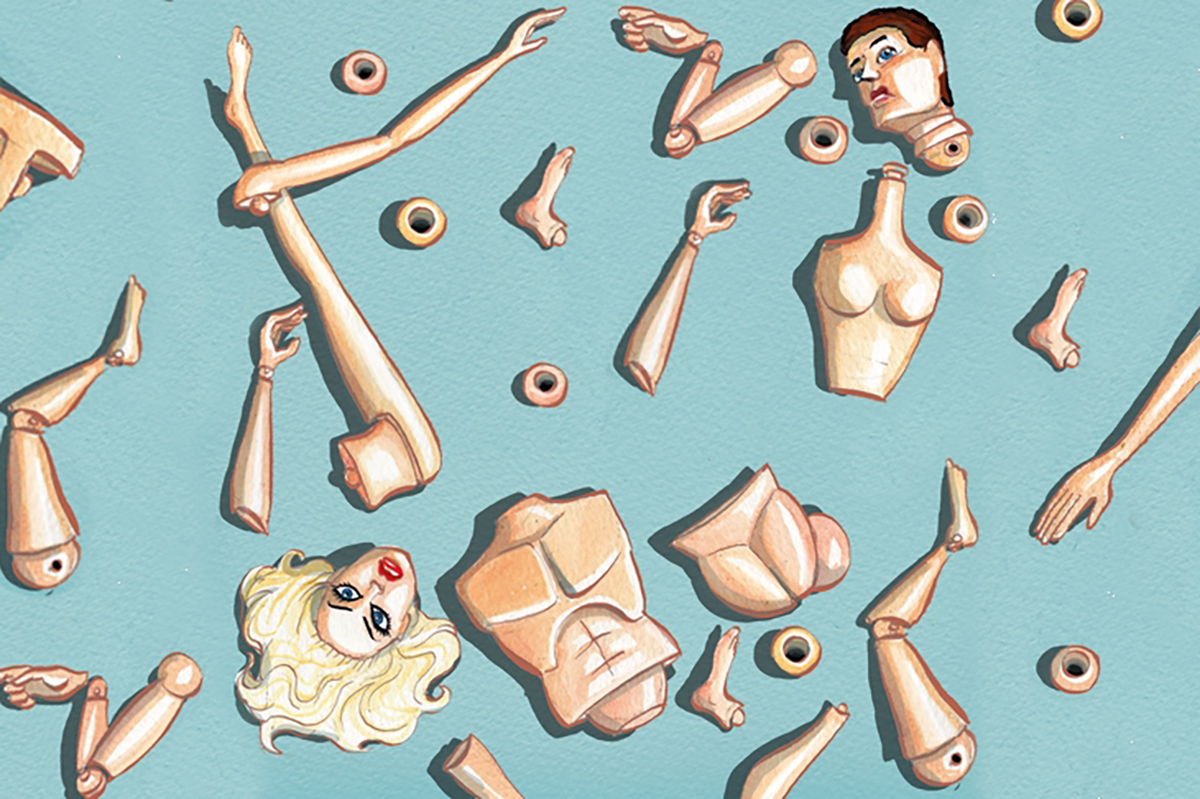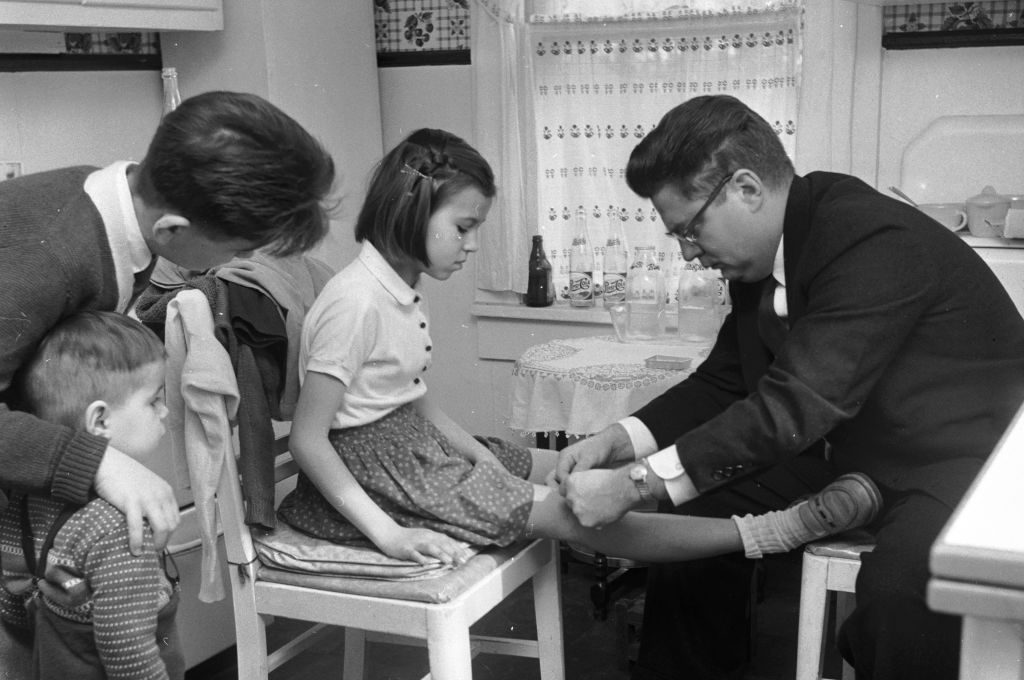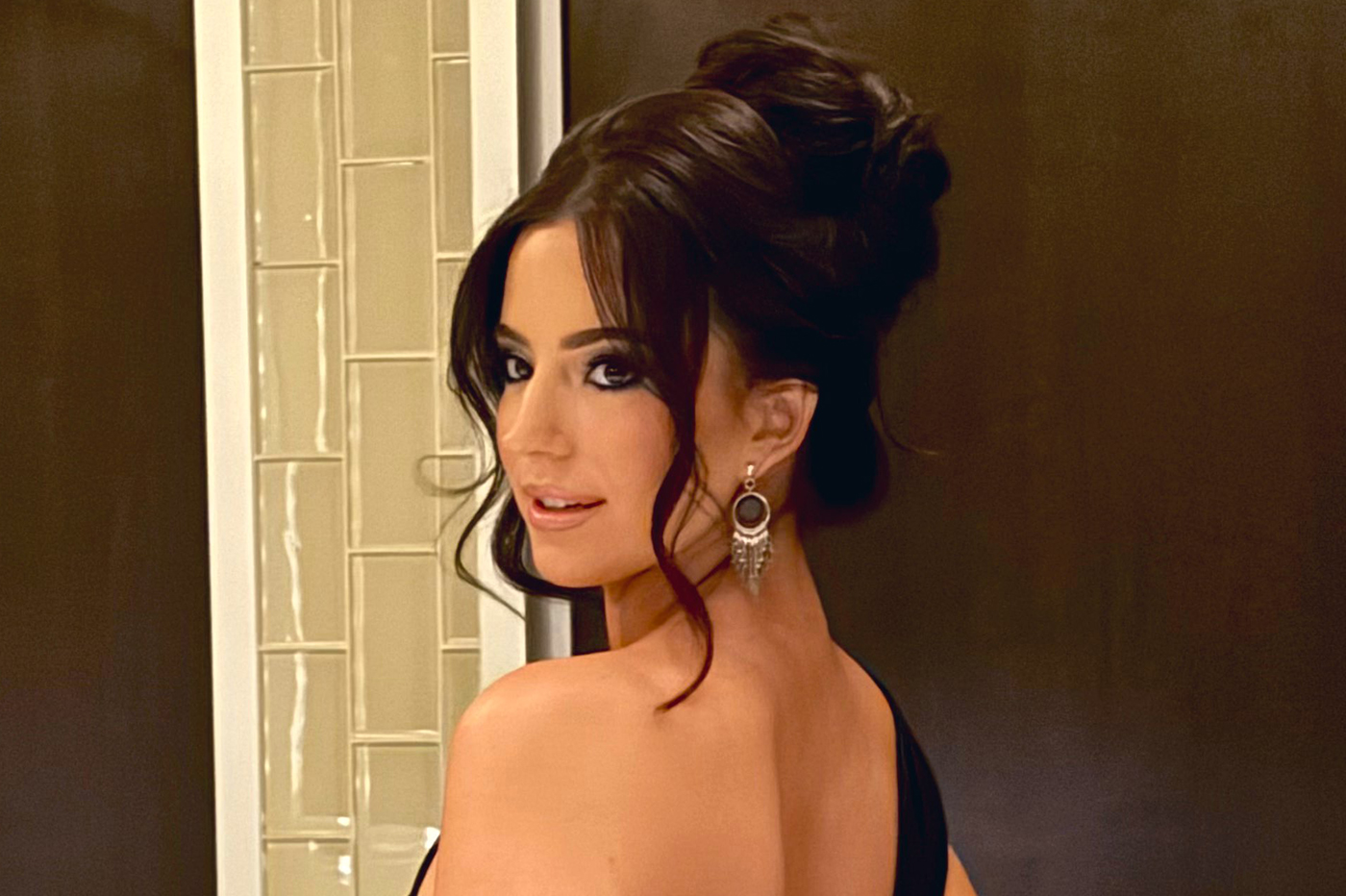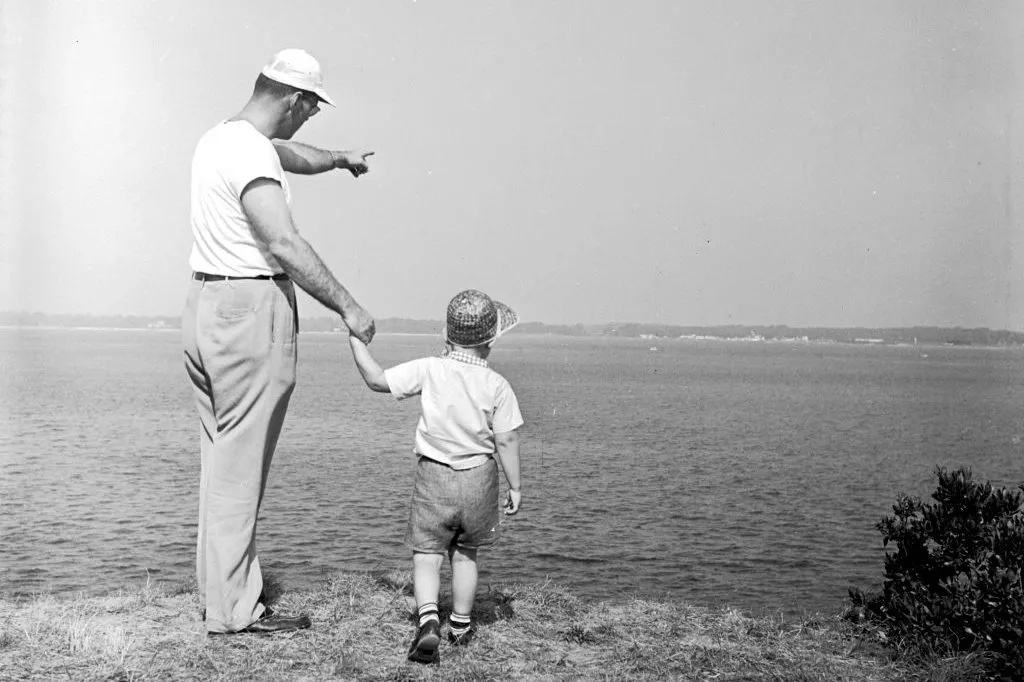My parents didn’t care if I had extracurricular enrichment and free play. They sent me outside after Saturday chores and didn’t want me home until dinner. In old jeans and a t-shirt, I’d look for arrowheads in the woods with the neighborhood kids. Once, one of the dads from the housing development saw us out there, yelled ‘Get off my property,’ and pulled a shotgun on us. We scrambled away as the shot crackled in the air. I didn’t see any reason to tell my parents about it. I was on my own until dinner.
Today’s young adults cling to the remnants of childhood like dying men to a life raft. Adulthood no longer has the feel of freedom, but the sting of bondage and the musty smell of the parental basement. Previous generations couldn’t wait to be rid of their parents’ yoke, but those now emerging into adulthood want to stay locked in childhood’s embrace for as long as they can — and not just because they can stay on their parents’ health insurance till they’re 26. Extended childhood is an environment where everything is permissible except consequences.
In my middle school, kids ducked into their lockers before homeroom to apply glosses and eye shadows where disapproving parents couldn’t see. We wanted more freedom, not less. ‘Kids are growing up too fast these days,’ was a constant refrain. We rolled our eyes. We didn’t want to dress like kids, talk like kids or act like kids. Childhood wasn’t a place for complacency, it was a minefield full of strange adults who had jurisdiction over us.
‘Why are we all dressing like children?’ asks Teen Vogue, house journal of the politically infantile. Sartorially, the casual lewks of unicorns and glitter, fairy wings and candy stripes, ruffled socks and neon blocks, are popping up on the runways and off the racks. In answer to their own question, Teen Vogue claims that millennials are ‘soothing themselves with childlike fashions as a means of escape from being “real” adults’, and seeking a ‘gentle reminder of their youth’. We’re watching youth emerge from childhood without the skills necessary to support adult existence. Rompers and rainbows have replaced pencil skirts and proper trousers.
‘Kids now grow up much more slowly,’ Greg Lukianoff and Jonathan Haidt write in The Coddling of the American Mind. ‘Activities that are commonly thought to mark the transition from childhood to adulthood are happening later — for example, having a job, driving a car, drinking alcohol, going out on a date and having sex. Members of iGen wait longer to do these things, and then do less of them, than did members of previous generations.’
Netflix is so concerned about not piercing the childhood bubble, and keeping zoned in on their little tiny screens, that they’ve vowed not to show smoking on shows geared toward a younger demographic. This declaration has led to calls that they stop showing scenes of sexual violence, as well. Story lines must be carefully constructed so as not to put any untoward images into the minds of impressionable youth.
Adults are so afraid kids will turn out traumatized like us that they wrap them in bubble wraps of affirmations. But if given the chance, they do grow up. When I saw Harrison Ford running for his life before a giant rolling stone in Raiders of the Lost Ark, I hid under my seat. I can never unsee that –– or the plunger scene in Last Exit to Brooklyn, which was only words in a book.
A stunning article in the Atlantic exposes the New York City public school system’s focus on identity politics over student achievement. It’s an honest account of the parental vanity in school admissions. Principals encouraged parents to opt their children out of statewide testing, ostensibly in support of children who fail to make the grade. ‘[The principal] described all the harm that could come to our son if he took the tests — the immense stress, the potential for demoralization.’
It turned out that the kids who took the test didn’t end up stressed. It was just another school day for them. It’s the parents who’ve lost their sense of judgment.
My youth came with serious expectations, latch keys, bullies and confusion, and that was just home life. Parents left us to our own devices, not because they believed in the power of free play, but because they wanted time to themselves. That’s been replaced with active parenting, but the hands-on approach cuts into independence, responsibility and resiliency.
When I proposed to my ‘mom’ friend that my nine-year-old was ready to walk the few blocks to school by himself, she balked. ‘I’d be too worried about kidnappers,’ she said. I pointed out that there’s crossing guards the whole way. ‘Even so,’ she replied, and shook her head. But what my son wants to know is when I’ll trust him walk to school by himself.
Real grown-ups are starting to push back against this neurotic obsession with stranger danger. Parent-founded organization Let It Grow advocates for parents to let their kids have some responsibility for themselves, so they don’t grow into a bunch of oversized, inept babies. Should we laugh or cry when students at UC Berkeley put together an ‘adulting’ class to learn basic life skills, like balancing a checkbook, budgeting for household expenses, sewing on buttons –– the things that used to be called home economics? They may show up to class in unicorn onesies, but at least they’re showing up, and trying to rectify their chronic infantilism.
Life cannot be curated. It’s not a museum piece, to be designed for the greatest possible comfort. There’s no reason to affirm a longing for childhood’s return, either in dress, or TV shows, or in abandoning serious educational standards. At some point, a kid needs to experience reality, even if that means dodging bird shot in the New England woods.



